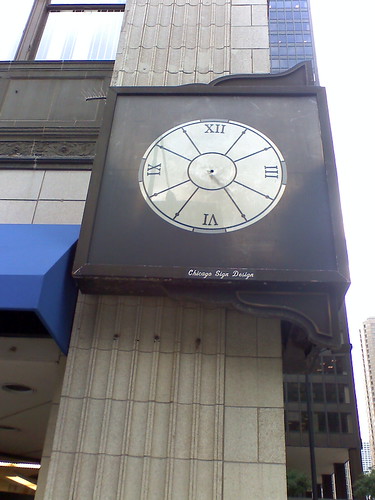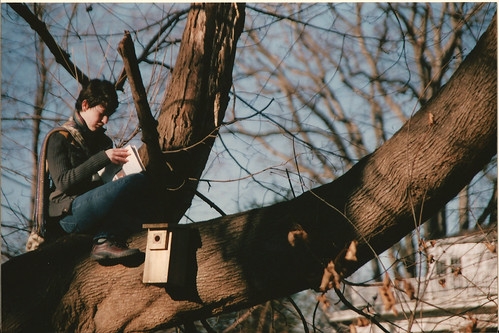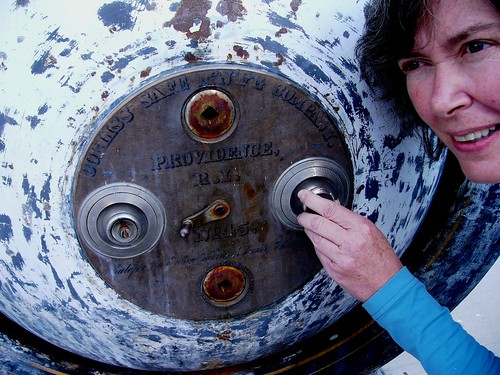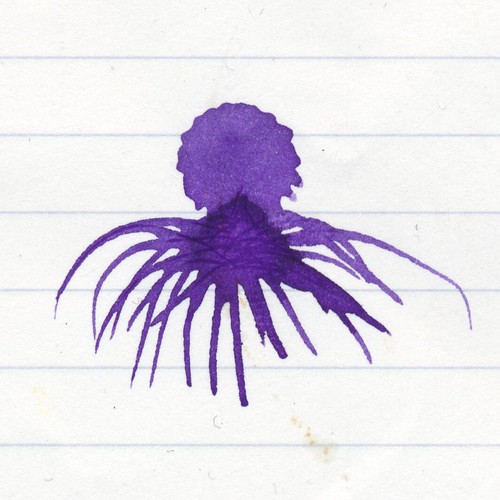…and wait for Disney’s copyright lawyers to come after you. Safer to sing a happy working song – actually, to be on the safe side, better to just work in silence.
Scratch that! Working songs have been used as long as there have been work and songs, i.e. since before Mr Disney was born or thought of. Whether you’re a sailor, a farmer, or just a general labourer, work songs are there, as Wikipedia puts it, “to increase productivity while reducing feelings of boredom.” Hear hear. Or rather, sing, sing.
Of course, traditional work singing, like traditional work, was generally communal. You’ll Never Work Alone. (Might as well get Rodgers & Hammerstein: An Imagem Company on my back while I’m at it…) Unfortunately for us, most communal work these days is done in workplaces whose managements frown on their staff joining in traditional call-and-response songs. Can’t think why.
“The printer’s gone and jammed again,
Haven’t had a break since God knows when;”
“Pay cuts and paper cuts,
Another day at the office!”
“Fifteen years since I’ve had a raise,
Manager thinks he owns this place;”
“Pay cuts and paper cuts,
Another day at the office!”
So most of your opportunities for work-singing, if you’re anything like me, are solitary: housework, and perhaps gardening if you’re not worried about the neighbours’ opinions.
You can, of course, sing along with recorded music – companies have made good money from packaging music as suitable for doing housework to – but this has its limitations. Housework often takes you out of the room, and vacuums etc can drown the music out. Unless you play it really loud, and then you are one of those neighbours. Taking your music with you is a possibility if you don’t mind the risk of you or your device getting fried, water being another high-frequency element of housework. Thank you, but no.
This is where Ye Olde Work Song comes into its own. The only real criterion for a work song is that you know how it goes, although it does help if it sounds all right a cappella. You can sing anything – even if you can’t really sing – because, like singing in the shower, housework singing is legally privileged. (For a given value of “legally”. After all, when was the last time Noise Control was called on someone wearing a frilly apron?) Any neighbours within earshot might even enjoy the free concert. As they say, how do you know you’re a talented shower-singer? Applause under the bathroom window.
What to sing is a very individual choice. Myself, I like old hymns and spirituals. There is nothing that goes so well with scrubbing a toilet than I Am A Poor Wayfaring Stranger, and the acoustics aren’t half bad either. Other favourites include: The Lord of the Dance; God Is Working His Purpose Out, (which I first encountered in the 2002 film version of Nicholas Nickleby and hunted all over for before finding it in Hymns Ancient and Modern); It Is Well With My Soul, (doing both parts in the echoes); and that perennial favourite of Sir Howard Morrison‘s, How Great Thou Art.
Interesting bit of trivia: the Maori verse sung in said version of HGThA is not a translation of any of the English verses, but a bit pinched from Abide With Me – a hymn which goes very well with vacuum-cleaner accompaniment. Vacuum cleaners love minor keys.
So, do you sing as you work? Any recommendations?








